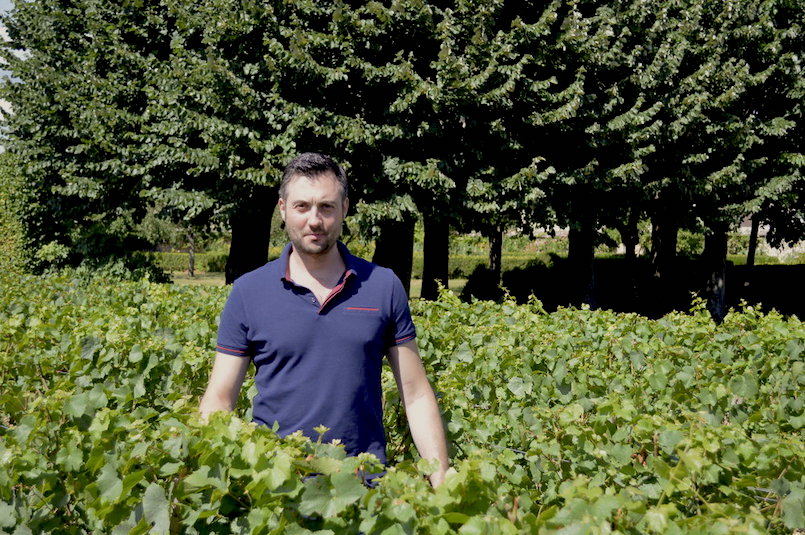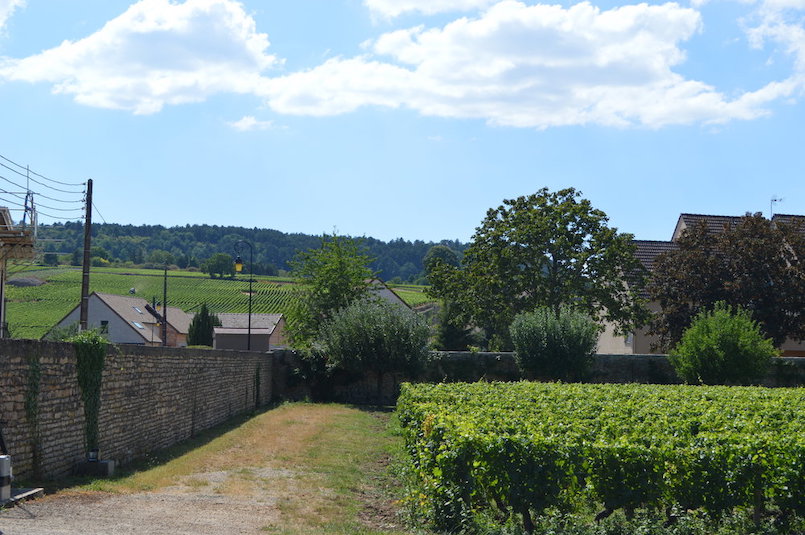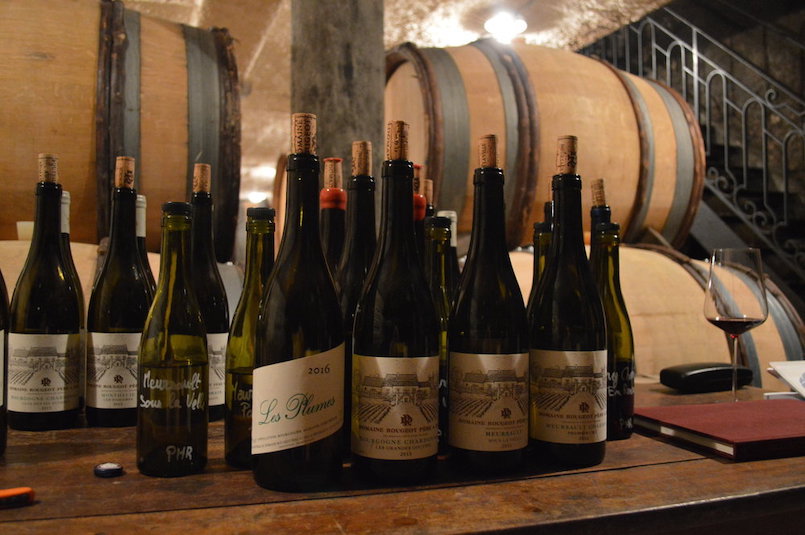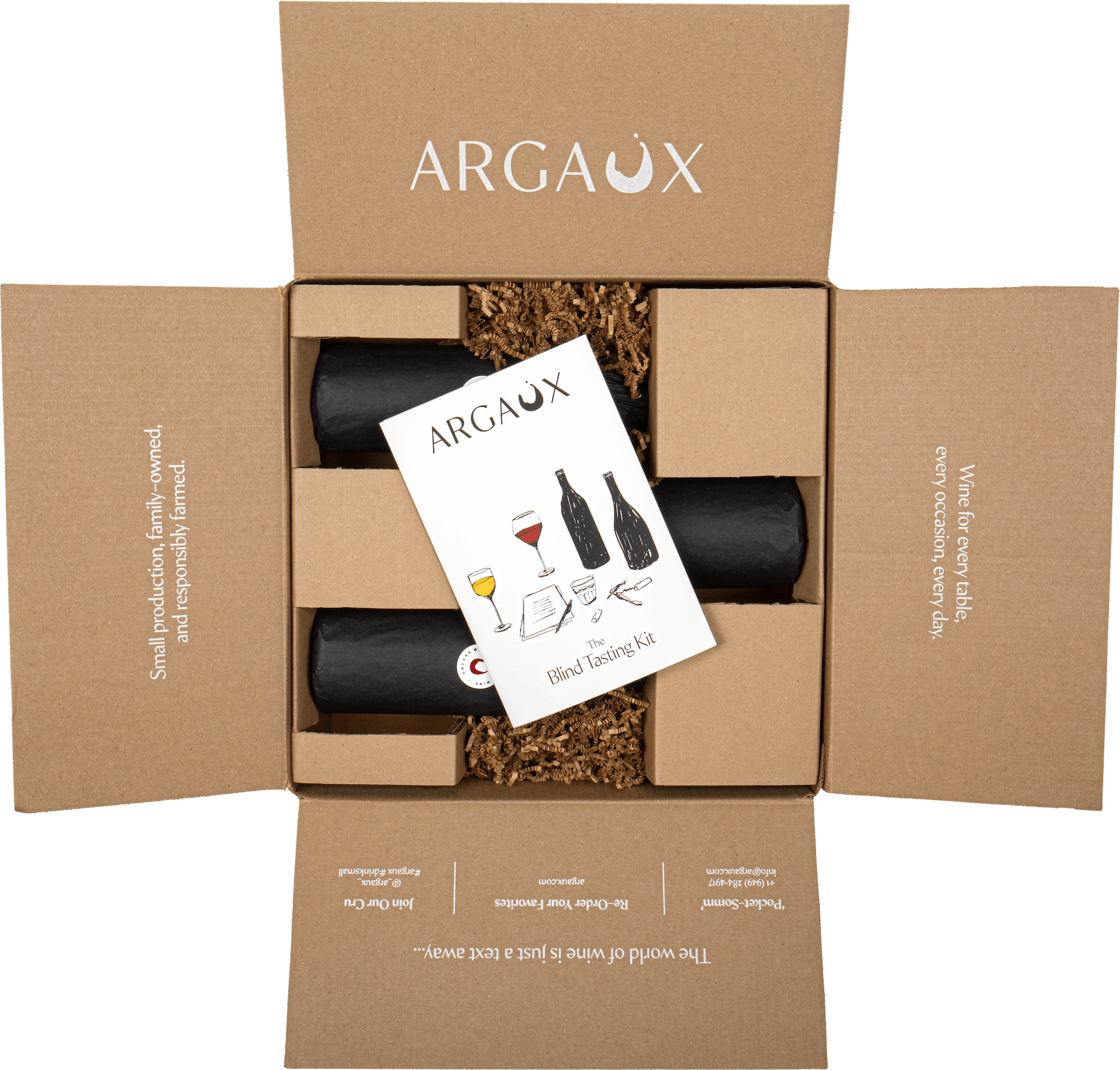2022 Domaine Rougeot Père et Fils Bourgogne Passetoutgrain ‘Sans Sulfite’
This Pinot Noir/Gamay blend is a no brainer for lovers of easy-drinking reds. Both grapes are co-fermented to achieve ideal texture and balance within the wine. This wine is perfect with grilled fish and also goes well with curry dishes or anything with a little spice to it. Serve slightly chilled!
Biodynamic/organic farming practices, hand-harvested, native yeast fermentation, unfined/unfiltered, no added sulfites, minimal intervention winemaking.
Pierre-Henri Rougeot has been quietly producing some of Burgundy’s most enticing, low-intervention wines since 2010. Upon returning to his family’s domaine—an 18th century stone cellar originally built for the Hospices de Beaune (and purchased by his great-great-grandfather in the 19th century)—Pierre-Henri has taken an organic approach to farming and implemented a natural style of vinification in the cellar.
Today, the Rougeot holdings span 13 hectares of vines in and around Meursault. Although greatly influenced by Burgundian tradition, Pierre-Henri’s worldly experience has pushed him to craft soft, energetic vins natures that are shaking up the region’s scene in the most profound way. All of Pierre-Henri’s wines are vinified sans soufre, and each barrel is tasted regularly throughout élevage. Small amounts of SO2 are added when needed to individual barrels. When possible, Rougeot keeps each barrel completely sans soufre and bottles it under the alternate diagonal stripe label, though these quantities are always very limited for the village and premier cru wines.
Each cuvée produced from Pierre-Henri’s hands, from Aligoté and Passetoutgrain through his prestigious premiers crus, is bottled as a single-vineyard designation. The wines are energetic, tasty, and wildly complex. It’s surprising that the domaine has maintained such an under-the-radar profile while producing such thought-provoking wines. We recommend getting in while you can.
PINOT NOIR
This elusive and delicate light-bodied grape is a winegrowers dream, but can be difficult to achieve. Stubborn, yet flirtatious, Pinot Noir is tantalizing creating a beautiful dance between the grape and the winemaker. The resulting light red wine can be nothing short of spectacular. Loved for its red fruit and spicy characteristics, its also a great food partner. Look for notable regions including Burgundy, France, Central Coast or Sonoma in CA, Willamette Valley in Oregon, and Pfalz or Baden in Germany as well as many other regions around the world in New Zealand, Australia, Chile, and Argentina
BURGUNDY, FRANCE
Burgundy is a historical region in east-central France that covers a wide area with ranging climates. The large number of producers and appellations within Burgundy can make the region seem complicated to the eye. At its essence though, Burgundy can be quite simple. This is the home for Pinot Noir and Chardonnay, and these wines are second-to-none around the world. Burgundy winemakers were the pioneers for premium Chardonnay production and continue to provide a benchmark of excellence in viticulture and winemaking for all of their GRAPES.
A vineyard’s location is extremely important here. The location will determine their quality level within the Burgundy appellation hierarchy. The highest-quality vineyards will generally have a south or east facing exposure providing the most access to sunlight and offering protection from westerly winds. These wines may be listed as premier cru or grand cru on the bottle label. Soils in Burgundy can vary depending on the area, but you’ll find many of them are rich in limestone. Pinot Noir is grown throughout the entire region and accounts for a third of the total vineyard area. Although a wide range of winemaking techniques are used varying by producer, a classic “Burgundian” Pinot Noir has red fruit flavors in youth that evolve into earth, game, and mushroom as the wine matures. These wines, as well as Chardonnay, can age for many years if stored properly. Other grape varieties include the red grape Gamay, famous to the Beaujolais region, and the white grape Aligoté.









